The Fertile Ground of Iraqi Reconstruction
The Republic of Iraq stands at a critical juncture in its history. Following decades of conflict and economic challenge, the nation is undergoing one of the largest and most ambitious reconstruction efforts in the Middle East. This monumental endeavor, backed by both government initiatives and international investment, translates directly into a massive, sustained demand for construction materials. Among these, tiles and ceramics are not just commodities; they are fundamental building blocks for homes, hospitals, schools, and commercial complexes, signifying durability, hygiene, and aesthetic renewal. For international manufacturers and exporters, this is not merely a market—it is an unprecedented economic opportunity.
This comprehensive guide serves as your essential blueprint to navigate and successfully penetrate this high-demand Iraqi market. We will move beyond surface-level information to provide a deep, tactical understanding of market dynamics, regulatory requirements, logistical complexities, and cultural nuances. Our goal is to equip you with the knowledge to not only export tiles and ceramics to Iraq but to establish a dominant, profitable, and sustainable presence in this vital and rapidly growing reconstruction sector. By the end of this article, you will have a clear, step-by-step strategy for turning potential into profit in the heart of Mesopotamia’s revitalization.
I. 📈 Market Overview: The Iraqi Demand Landscape
The sheer scale of Iraq’s reconstruction needs cannot be overstated. Analysts estimate that billions of dollars are needed across various sectors, with a significant portion allocated to infrastructure and housing. Understanding the specific market drivers for ceramic and porcelain tiles is the first step toward successful market entry.
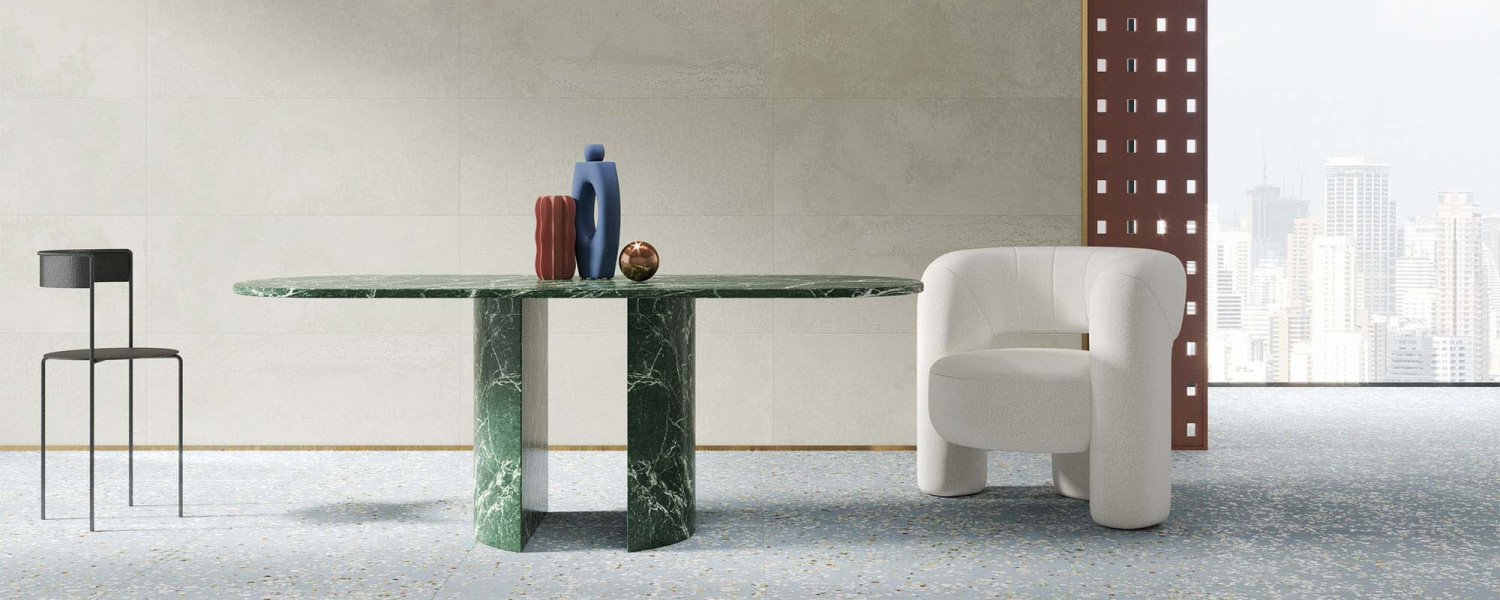
The $20 Billion Opportunity: Why Tiles are in High Demand
The demand for construction materials in Iraq is primarily driven by three key areas:
-
Residential Housing Projects: A massive housing deficit requires the construction of hundreds of thousands of new residential units. Every single unit requires floor and wall tiling for kitchens, bathrooms, and living spaces. This is the largest volume segment for tile export.
-
Infrastructure Revival: The rebuilding of damaged public buildings, including government offices, schools, and healthcare facilities, demands high-quality, durable porcelain tiles and hard-wearing commercial ceramics.
-
Commercial and Retail Development: New shopping malls, hotels, and business centers in major cities like Baghdad, Basra, and Erbil are driving demand for premium, aesthetically pleasing, and large-format ceramic flooring.
H3. Current Market Gaps and the Need for Quality Imports
While a small domestic production capacity exists, it is insufficient and often does not meet international quality or design standards. This creates a significant gap that international tile exporters must fill. Iraqi buyers are increasingly sophisticated, looking for:
-
Durability and Climate Suitability: Tiles that can withstand the severe heat and dust of the Iraqi climate, making high-quality porcelain tiles particularly desirable.
-
Modern Aesthetics: A move away from traditional patterns toward contemporary, European-style large-format tiles and sophisticated finishes like polished stoneware.
-
Affordability with Volume: While quality is essential, the sheer volume of reconstruction projects means that competitive, volume-based pricing is crucial for winning major tenders.
II. 📜 Regulatory and Compliance Roadmap for Exporting
Navigating the import/export regulations is perhaps the most critical hurdle. Unlike established European markets, the Iraqi regulatory environment can be complex and requires meticulous preparation. Non-compliance results in costly delays, penalties, and potential shipment rejection.
The Essential Role of the CQI (Certificate of Conformity)
The Central Organization for Standardization and Quality Control (COSQC) is the governing body responsible for ensuring that all imported goods meet Iraqi technical standards. For tiles and ceramics, the most crucial document is the Certificate of Conformity (COC), often facilitated through a third-party inspection agency authorized by COSQC.
H3. Key Standards for Ceramic and Porcelain Tiles
Your products must adhere to COSQC standards, which are largely based on or aligned with international ISO standards for ceramic tiles. Essential checks include:
-
Water Absorption Rate: Particularly critical for porcelain tiles used in high-moisture or outdoor areas.
-
Abrasion Resistance (PEI Rating): Ensuring tiles are suitable for their intended use (e.g., high-traffic commercial vs. low-traffic residential).
-
Dimensions and Rectification: Strict adherence to declared size and squareness, especially important for professional installation in large construction projects.
-
Chemical and Stain Resistance: A required standard for kitchen and bathroom ceramics.
Exporters must provide comprehensive laboratory test reports from accredited institutions to the inspection agency before shipment. Without the COC, your tile shipment will face significant delays and could be denied entry at the port of Umm Qasr or border crossings.
Required Export Documentation Checklist
A standard tile export shipment to Iraq requires, at a minimum, the following documents:
-
Commercial Invoice: Must clearly detail the value, quantity, and Incoterm (e.g., CIF Baghdad).
-
Packing List: Detailing the contents, weight, and dimensions of each crate or pallet of ceramic tile.
-
Bill of Lading (B/L) or Airway Bill (AWB): The transport contract.
-
Certificate of Origin: Attested by your local Chamber of Commerce, proving where the tiles and ceramics were manufactured.
-
Certificate of Conformity (COC): As issued by the COSQC-approved inspection body.
-
Insurance Certificate: Mandatory to cover the goods during transit to an often-volatile region.
III. 🚢 Logistics and Transportation: From Factory to Baghdad
Logistics presents the most significant operational challenge. While the market demand is high, the transportation infrastructure in Iraq, though improving, requires a specialized approach, especially for fragile materials like tiles and ceramics.
Key Ports of Entry and Inland Transit Routes
The primary gateway for sea freight is the Port of Umm Qasr in the south of Iraq. However, land routes via Turkey (for European goods) and Iran (for Asian goods) also play a significant role.
H3. Navigating Umm Qasr and Customs Clearance
Umm Qasr is the deep-water port of choice. Exporters must be prepared for:
-
Congestion: The port can experience significant delays due to high volume and infrastructure limitations. Factoring in extra time for clearing the tile shipment is essential.
-
Customs Tariffs: Import duties are applied based on the product classification (HS Code). Exporters must ensure their local Iraqi partner or customs broker is well-versed in the latest tariff schedules to prevent incorrect assessment.
-
Security Escorts (Optional but Recommended): While security has improved, transporting high-value construction materials inland from Umm Qasr to major centers like Baghdad, Mosul, or Erbil may still require specialized, secure transport arranged through experienced freight forwarders.
Best Practices for Packaging Fragile Goods
Tiles and ceramics are susceptible to breakage. Effective packaging is non-negotiable for a successful export operation to Iraq:
-
Strong Palletization: Use high-quality, heat-treated (HT) wooden pallets that are structurally sound and meet international phytosanitary standards.
-
Corner Protection: Use plastic or cardboard corner protectors and strapping to secure the boxes of ceramic tile to the pallet.
-
Shrink Wrapping and Waterproofing: Given the harsh transport conditions and potential for dust and moisture exposure, every pallet must be fully shrink-wrapped, and a waterproof barrier should be used.
-
Container Loading: Minimize empty space in the container by using dunnage (airbags or bracing) to prevent movement of the tile pallets during the long sea and road transit.
IV. 🤝 Market Entry Strategy: Finding the Right Iraqi Partner
The Iraqi market is heavily dependent on relationships and local expertise. Trying to manage sales and distribution from afar is highly inefficient. A successful strategy hinges on finding the right local partner.
Identifying the Ideal Distributor/Agent
Your local partner is your eyes, ears, and hands on the ground. They must be more than just a buyer; they must be a strategic extension of your export business. Look for a partner who:
-
Has Strong Government/Contractor Links: The most profitable segments are large-scale government reconstruction tenders and major private developer projects. A partner with connections to these entities is invaluable for large-volume tile sales.
-
Possesses Existing Infrastructure: They should have dedicated, secure warehousing facilities in key distribution hubs (Baghdad, Basra, Erbil) for storing the imported ceramics.
-
Understands Quality and Branding: A partner who values your quality standards and is capable of marketing your ceramic brand effectively to architects and designers.
The Importance of Trade Fairs and Delegations
Personal visits and participation in local construction exhibitions are critical for building the necessary trust (the Wasta) to conduct business in Iraq.
Key Industry Events for Tile Exporters
-
Baghdad International Fair: A general but major event to meet government officials and diverse business contacts.
-
Erbil Build Expo / Basra Build: More specialized construction trade fairs where you can directly showcase your porcelain and ceramic products to contractors, engineers, and distributors specializing in building materials for reconstruction.
These events offer a platform to physically display your tile designs and discuss samples, which is far more effective than remote sales efforts.
V. 💰 Financial and Commercial Considerations
Effective financial management and understanding the specific commercial terms are crucial for mitigating risk in an evolving market.
Payment Terms and Risk Mitigation
While Letters of Credit (LCs) are the most secure method, they can be slow and costly. Many established tile exporters transition to Telegraphic Transfer (TT) after a relationship is built, but caution is advised.
-
Irrevocable Letter of Credit (ILOC): Initially, this should be the preferred method. Ensure the LC is confirmed by a reputable international bank to mitigate the risk associated with the Iraqi banking system.
-
Advance Payment: A smaller, strategic advance payment (e.g., 20-30%) via TT can be requested, with the balance due upon sight of shipping documents (CAD: Cash Against Documents). This is usually reserved for proven partners in the ceramic import business.
Understanding Currency Risk and Hedging
The Iraqi Dinar (IQD) is pegged to the US Dollar, but fluctuations against other currencies (like the Euro or your local currency) can affect your profitability. All major tile export contracts should be denominated and paid for in US Dollars ($) to simplify financial management and avoid local currency risk. Incorporating a slight buffer into your pricing to account for unforeseen customs or transport costs is also a prudent measure.
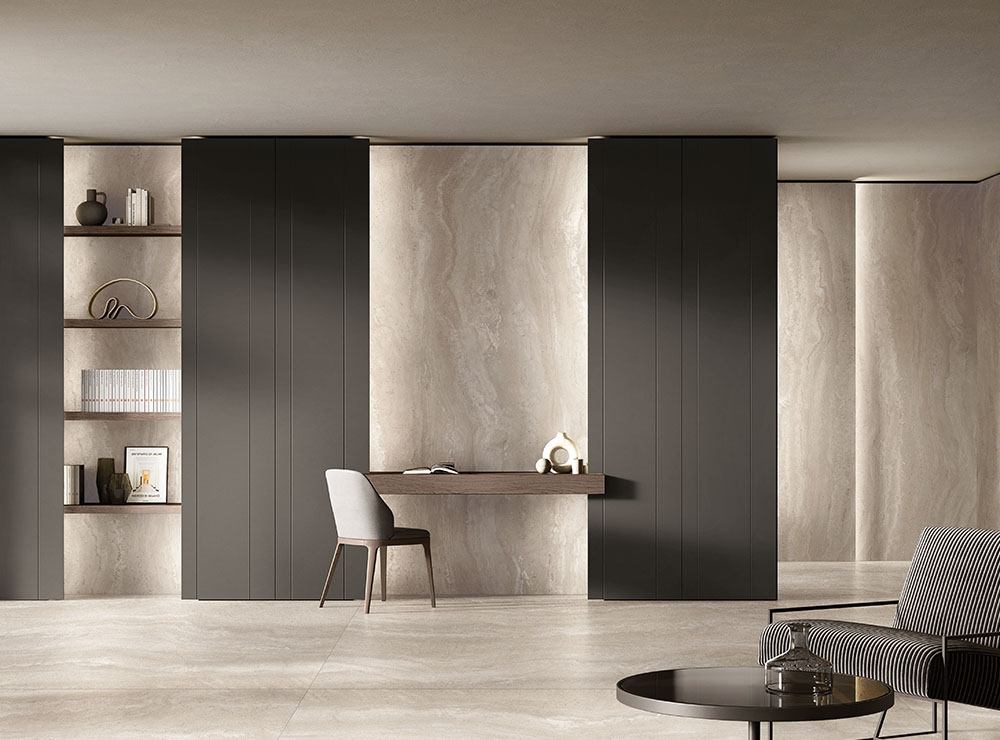
Pricing Strategy for Iraq’s Reconstruction Market
Your pricing must be sensitive to the diverse requirements of the market. It is not a single price point but a tiered strategy:
-
High-End (Premium Porcelain): Targeted at luxury residential and high-spec commercial projects in major cities. Here, a higher margin is acceptable due to the emphasis on design and quality.
-
Mid-Range (Durable Ceramic): The bulk of your volume, targeting the massive government housing and infrastructure reconstruction contracts. This requires highly competitive, volume-based pricing with lower margins but guaranteed scale.
-
Economy (Basic Glazed Tiles): Simple, functional tiles for basic interior finishes where cost is the absolute primary driver.
VI. 🎯 Product Strategy: What Tiles Sell Best in Iraq?
Success in the Iraqi market depends heavily on supplying products that meet local climate needs, cultural preferences, and the specific functional requirements of reconstruction projects.
Climatic and Functional Requirements
The intense Iraqi summer heat (often exceeding $۴۵^\circ C$) is a key factor influencing material choice.
-
Porcelain over Ceramic (Outdoors/Floors): Due to its low water absorption rate (below 0.5%), porcelain stoneware is highly resistant to heat, thermal shock, and freezing (though freezing is rare, the durability matters). It is the preferred choice for all external applications and high-traffic interior floors.
-
Anti-Slip Properties: Crucial for commercial and public spaces, matte-finish, anti-slip tiles (R9 to R11 ratings) are preferred for outdoor walkways and bathroom floors.
-
Larger Formats: There is a strong, growing preference for large-format floor tiles (e.g., $۶۰\times 60 \text{ cm}$, $۸۰\times 80 \text{ cm}$, and even $۶۰\times 120 \text{ cm}$) as they convey modernity and reduce the number of grout lines, making them easier to clean.
Aesthetic and Cultural Preferences
While global design trends are influencing the market, certain local preferences remain dominant:
-
Natural Stone Look: Designs that mimic marble, travertine, and granite are extremely popular, offering the luxury appearance without the cost and maintenance of natural stone.
-
Neutral Palettes: Earth tones, beiges, creams, and whites dominate the floor space. These colors reflect light and are perceived as cooler and cleaner, which is desirable in the hot climate.
-
Detailed Wall Decor (Kitchen/Bath): While floors are neutral, bathrooms and kitchens often use decorative ceramic wall tiles, mosaics, and intricate borders to add pops of color and design complexity.
VII. 🛠️ After-Sales Support and Long-Term Market Dominance
Exporting is not a one-off transaction; it is a commitment. Establishing a strong after-sales relationship is the key to recurring business and market dominance in Iraq’s reconstruction era.
Building Trust Through Technical Support
Offering technical support differentiates your brand from low-cost competitors. This includes:
-
Installation Guidance: Providing clear, translated technical guides on the correct adhesive and grouts to use with your specific porcelain or ceramic tiles, considering local building practices.
-
Defect Resolution: Establishing a clear, rapid process for handling any potential quality claims or breakages during transit. Quick and fair resolution builds immense trust with Iraqi distributors.
-
Training Sessions: Conducting occasional training sessions for the partner’s sales teams and key contractor clients on the benefits, specifications, and installation techniques of your latest tile product lines.
The Path to Brand Leadership
To dominate the market, your brand must move beyond being a supplier to become a reference point. This is achieved by:
-
Architectural Specification: Actively engaging with Iraqi architects, designers, and major construction developers to ensure your brand’s specifications (e.g., your $۶۰\times 120 \text{ cm}$ high-quality matte porcelain tile) are written into the tender documents for large-scale reconstruction projects.
-
Consistent Presence: Regularly visiting the market, participating in tenders, and maintaining excellent communication with your partner to show long-term commitment.
By focusing on high-quality logistics, robust compliance, and relationship-driven sales, your tile and ceramics export business can not only enter the Iraqi market but become a fundamental supplier to the nation’s ambitious and vital reconstruction efforts.
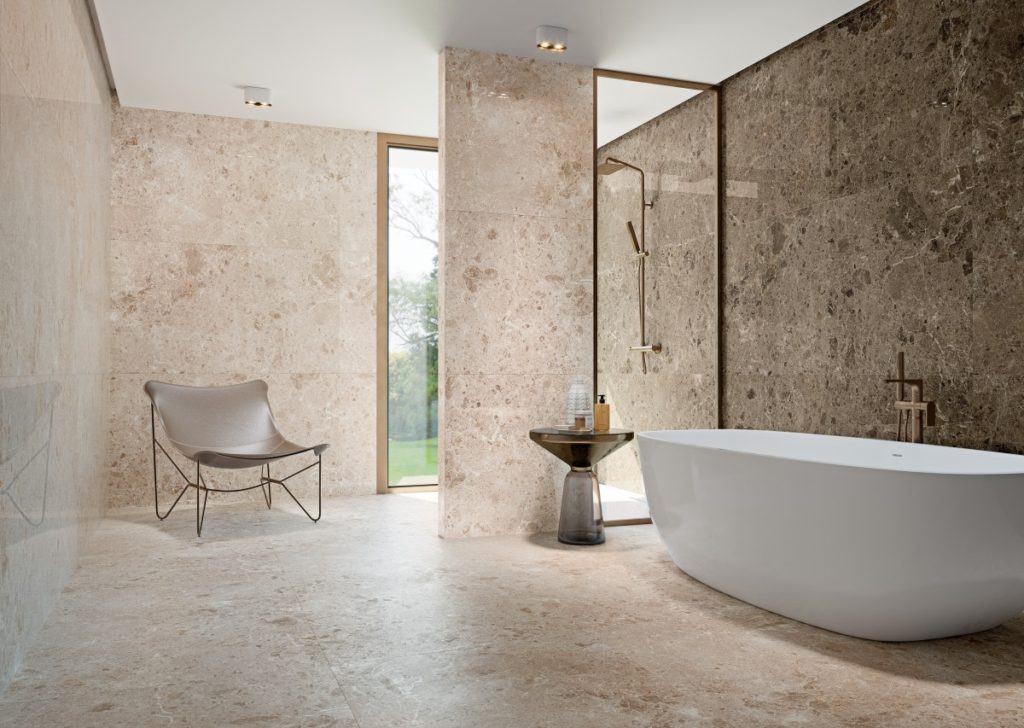
Conclusion: Seizing the Golden Opportunity
The Iraqi market for tiles and ceramics represents one of the most substantial and exciting export opportunities in the global construction materials sector today. The foundational demand driven by the large-scale reconstruction of housing, infrastructure, and commercial sectors provides a long-term, stable requirement for high-quality, durable materials.
To successfully execute this export blueprint for Baghdad and beyond, manufacturers must adopt a methodical, risk-aware approach: prioritizing meticulous adherence to COSQC standards and securing the Certificate of Conformity (COC); investing in secure, high-quality packaging to protect fragile goods during the challenging transit; and, most importantly, identifying and nurturing a committed, well-connected local partner.
By delivering the right product—durable porcelain tiles in contemporary, neutral aesthetics suitable for the harsh climate—and adhering to sound financial and ethical business practices, your company can move from a potential exporter to a proven, dominant supplier. The opportunity is real, the demand is vast, and with this detailed strategic plan, you are now equipped to confidently and successfully take your place in the revitalization of Iraq.
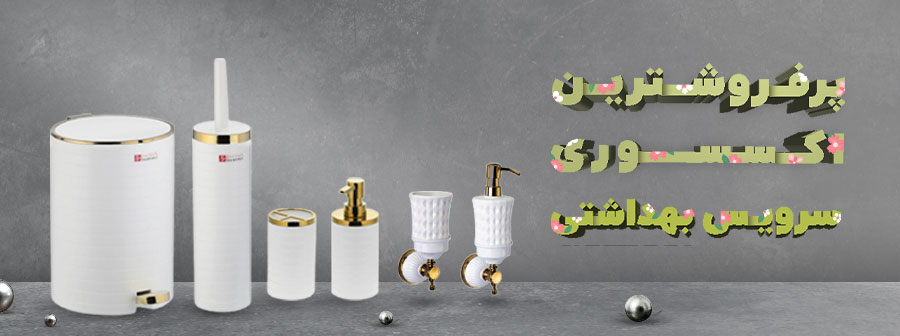
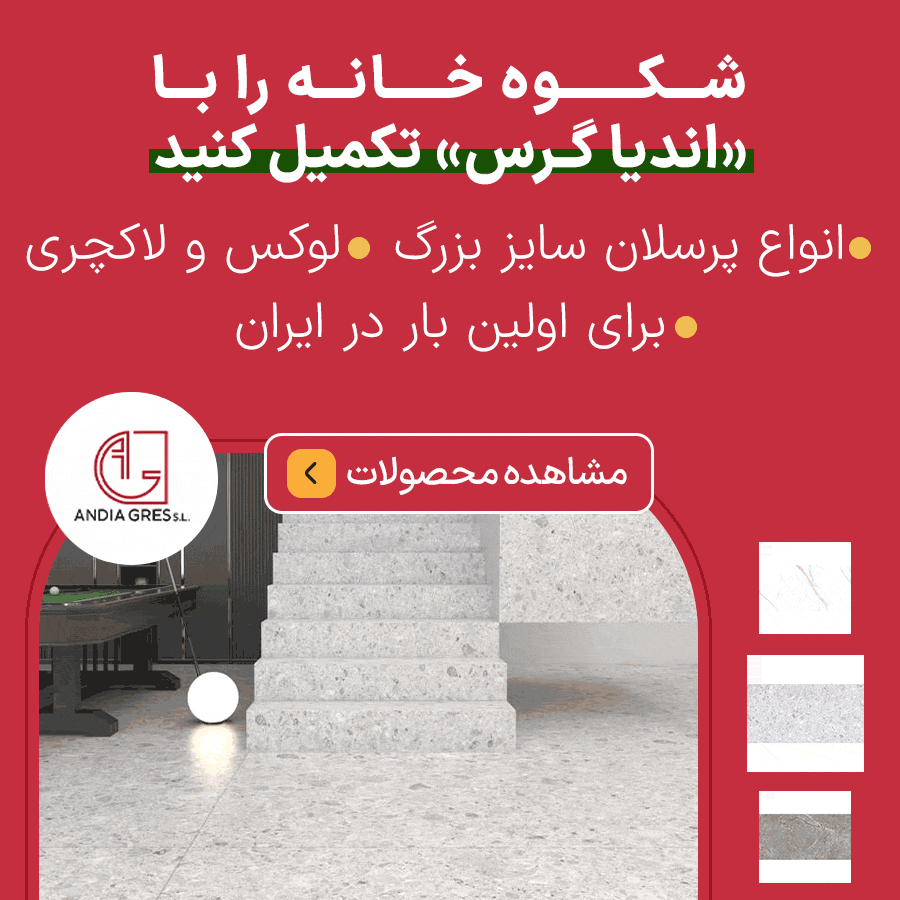
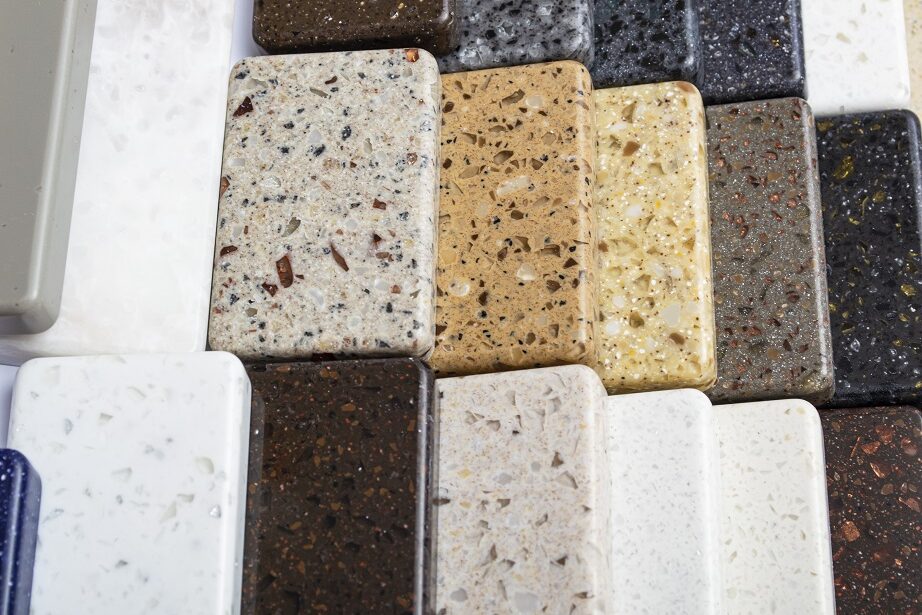
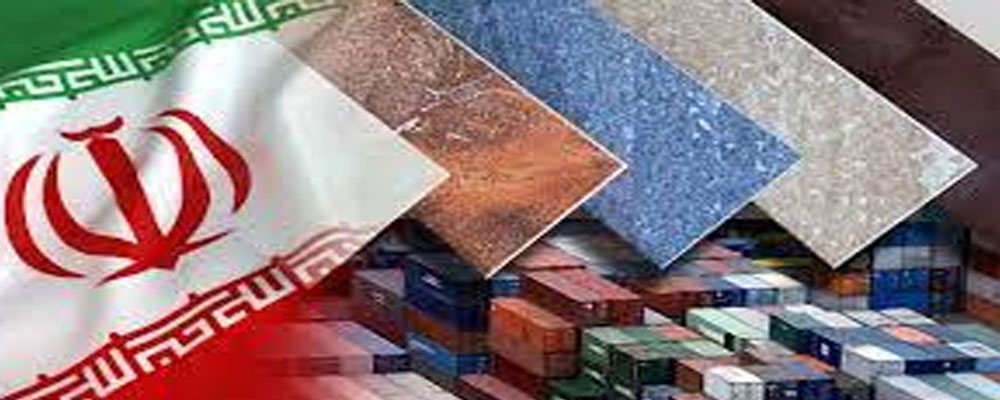
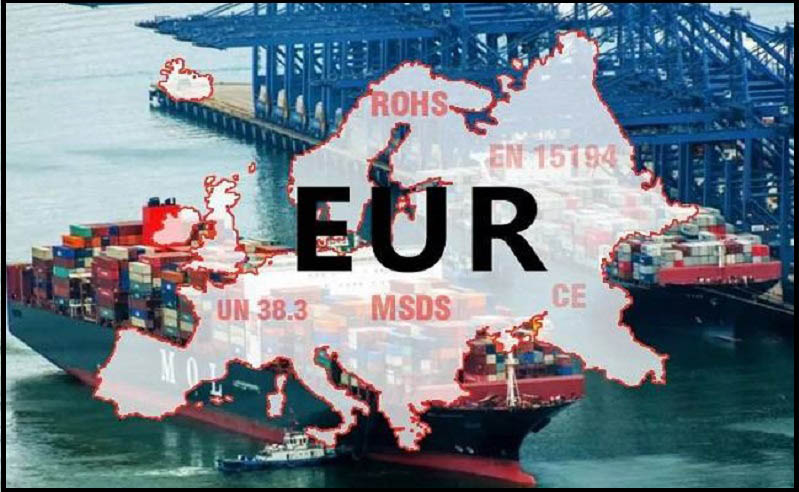
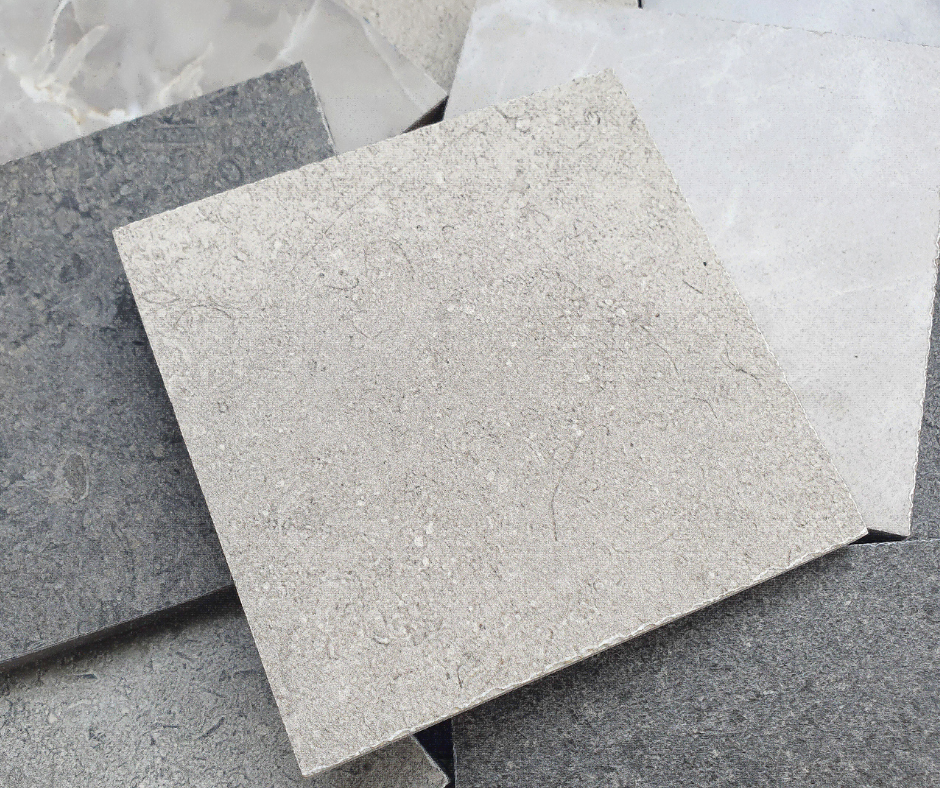
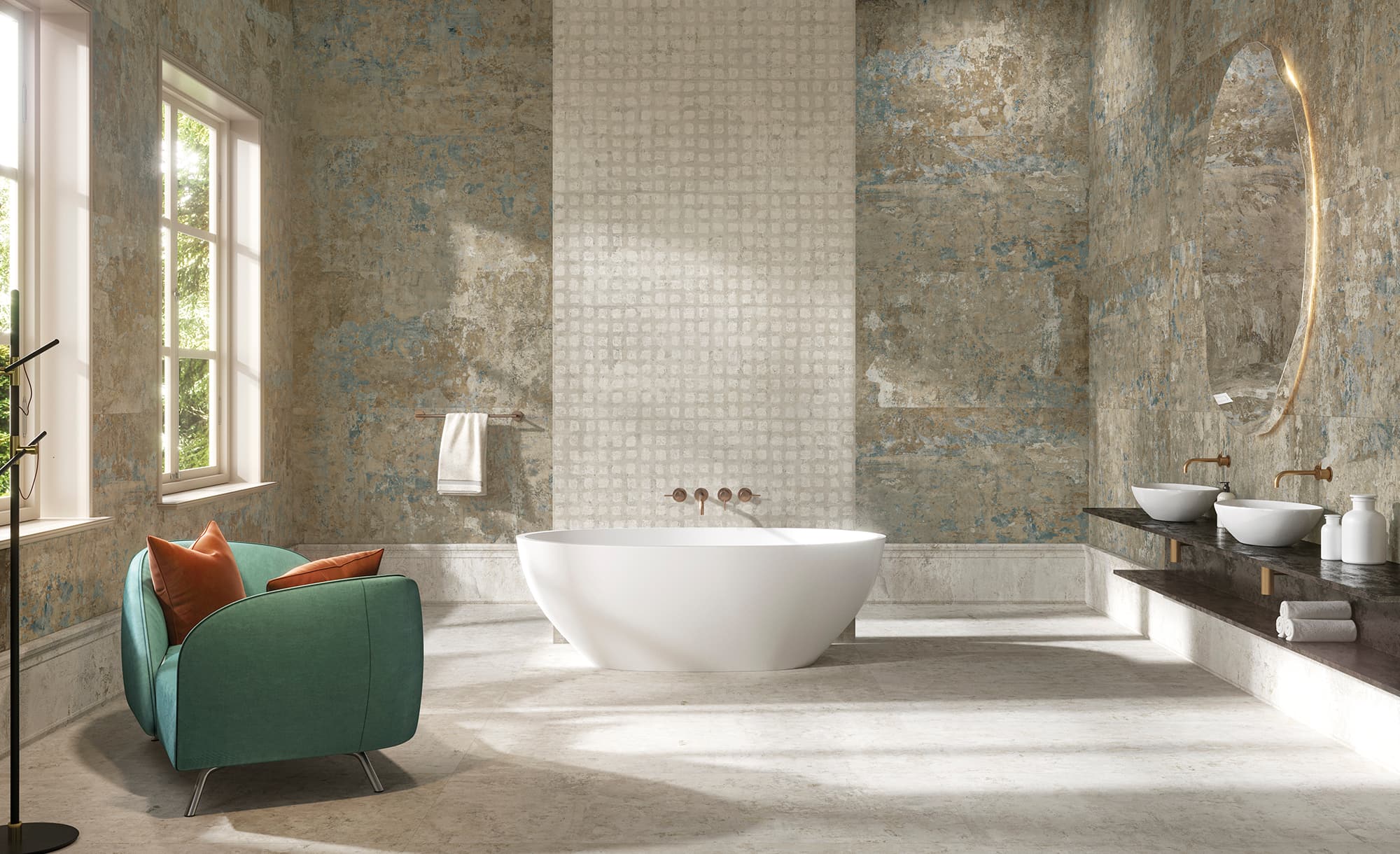
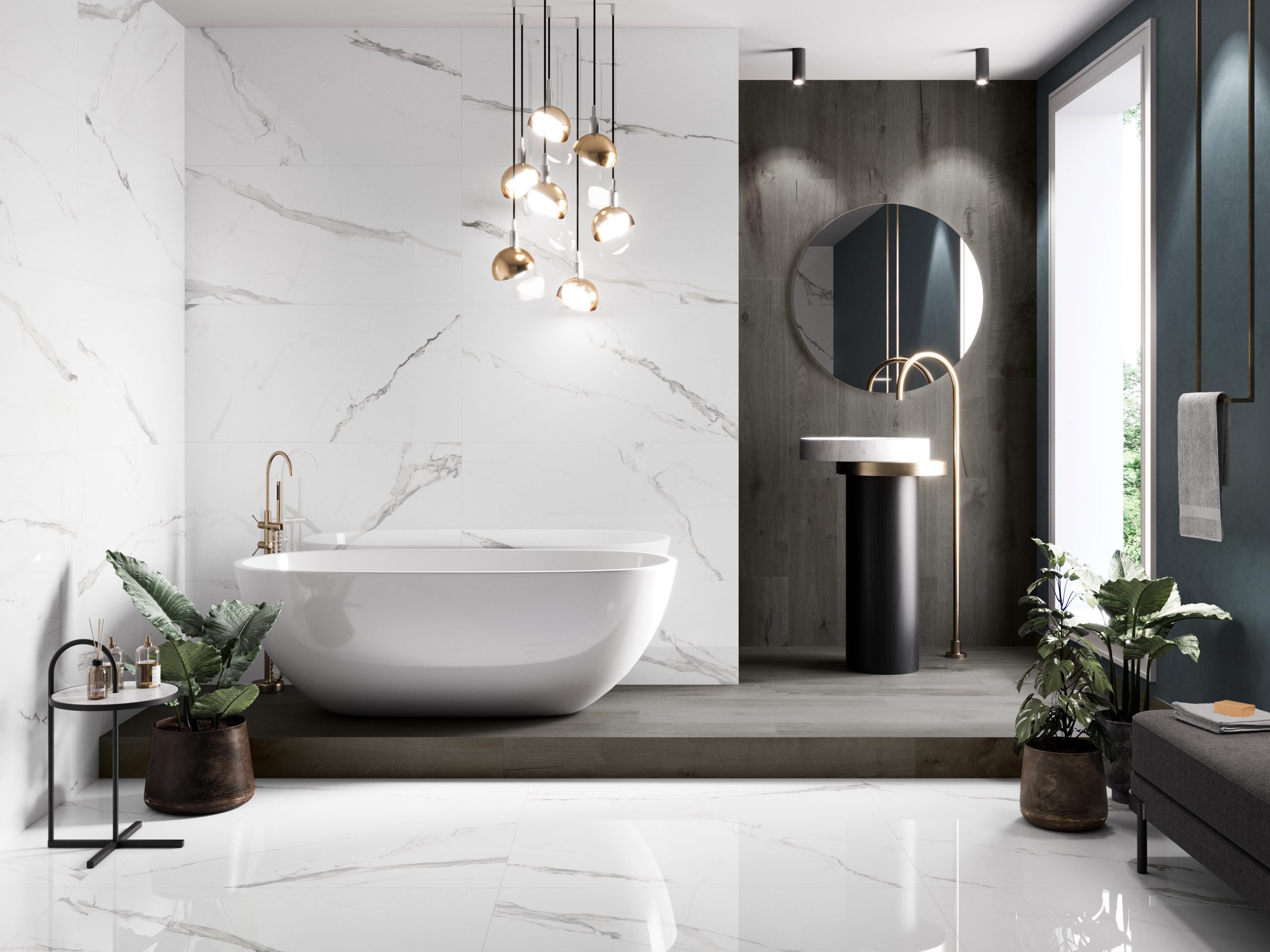
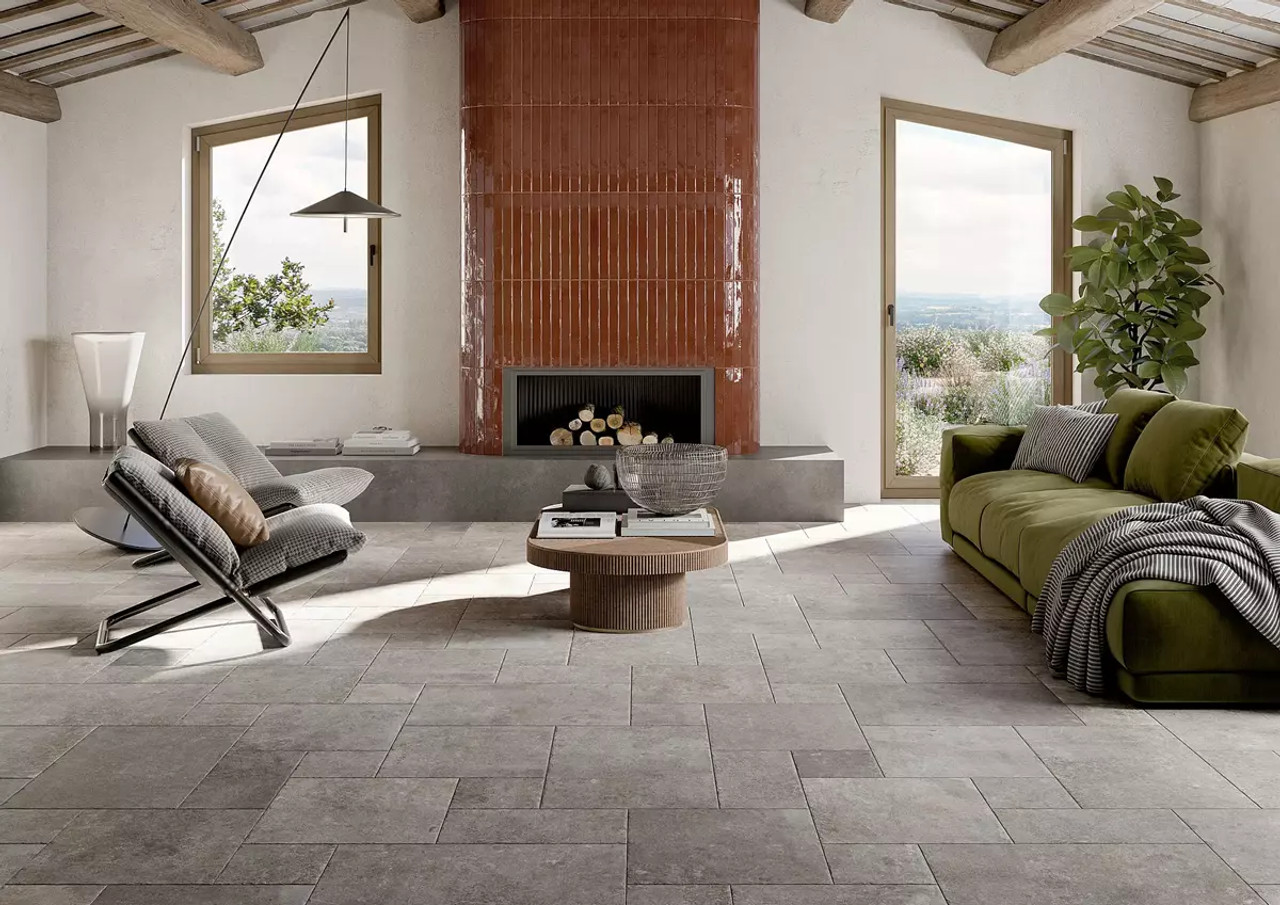
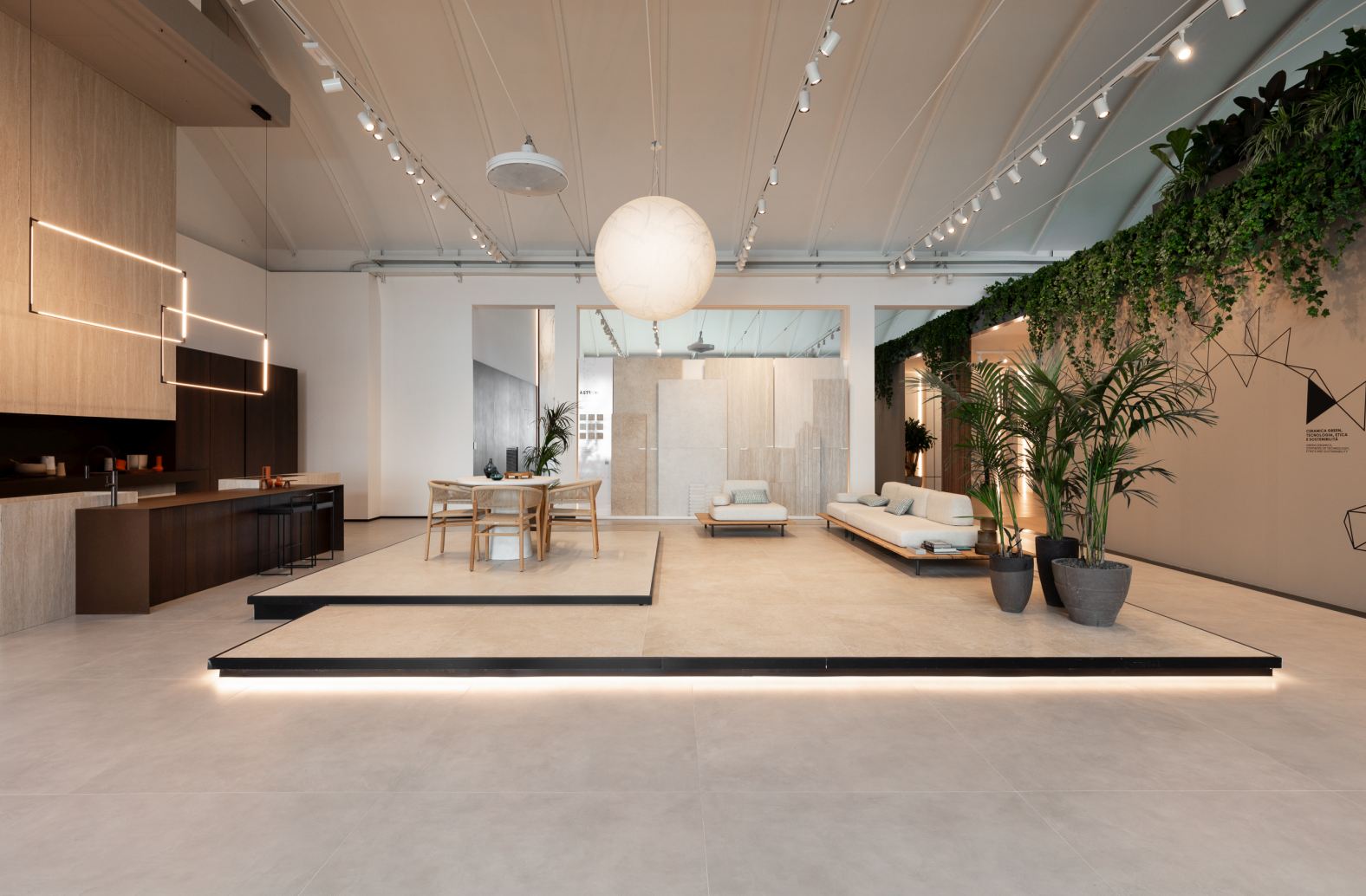
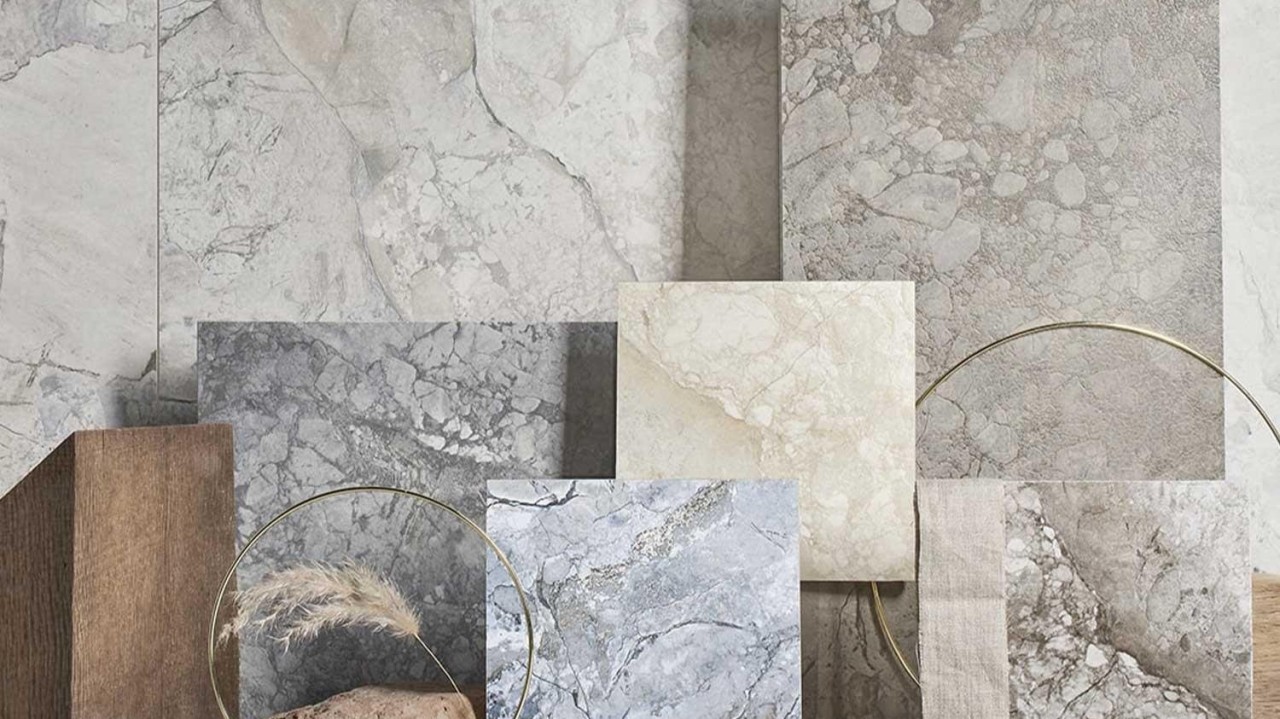
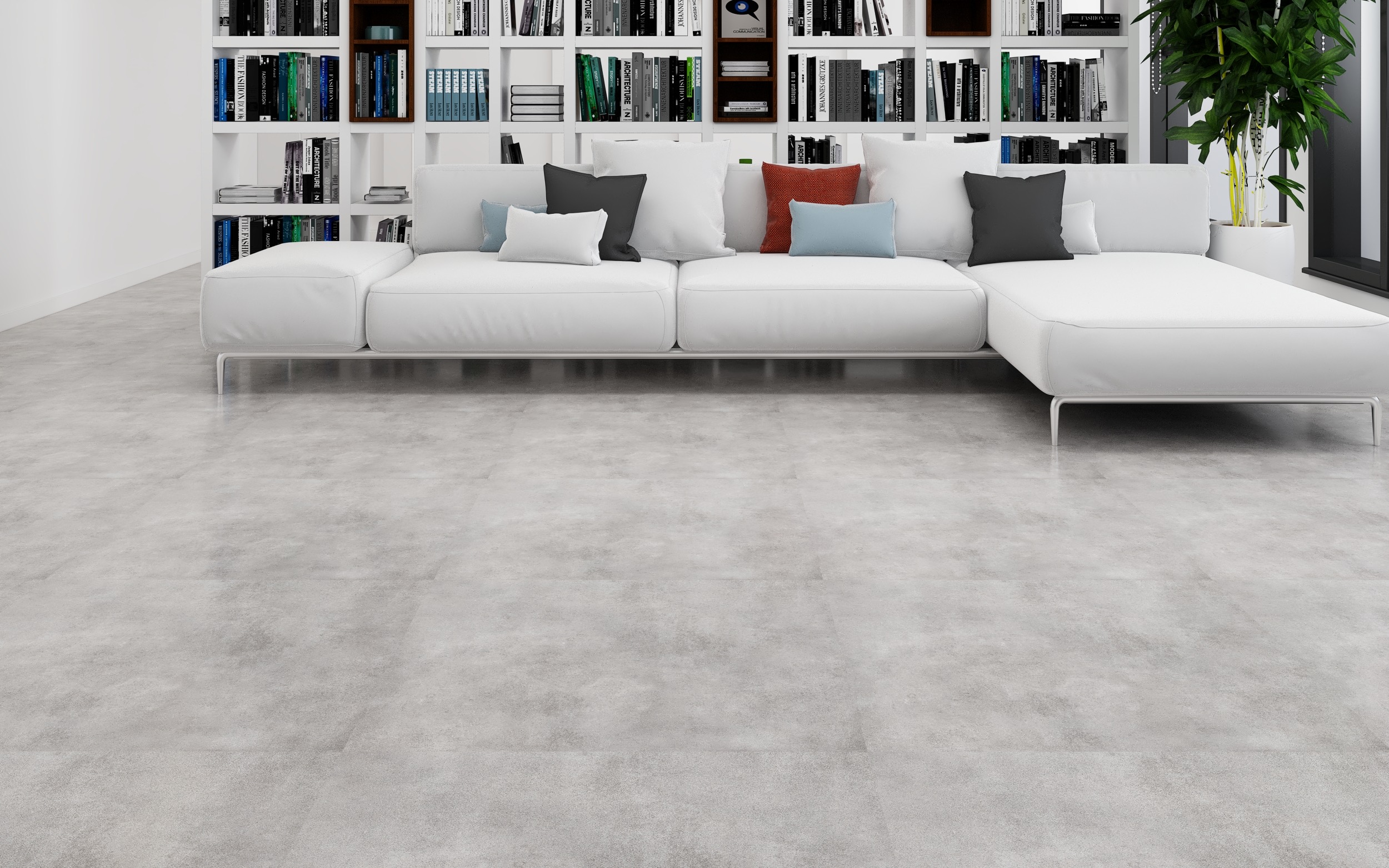
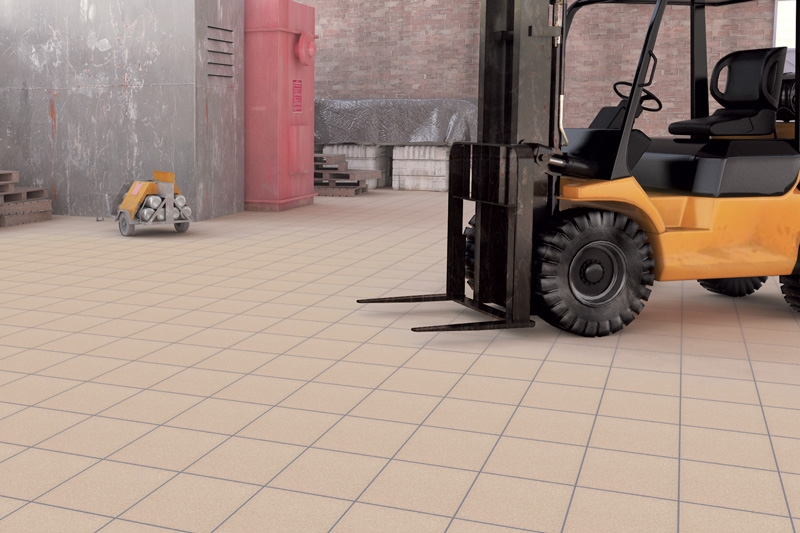
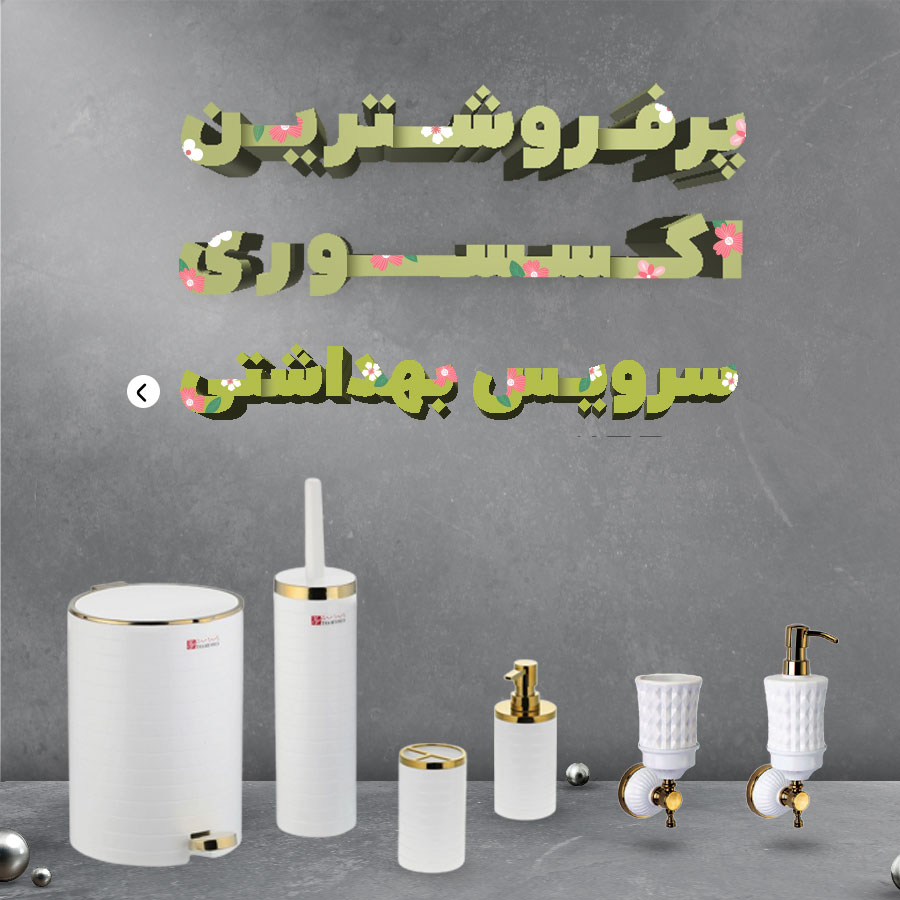

نظرات ۰